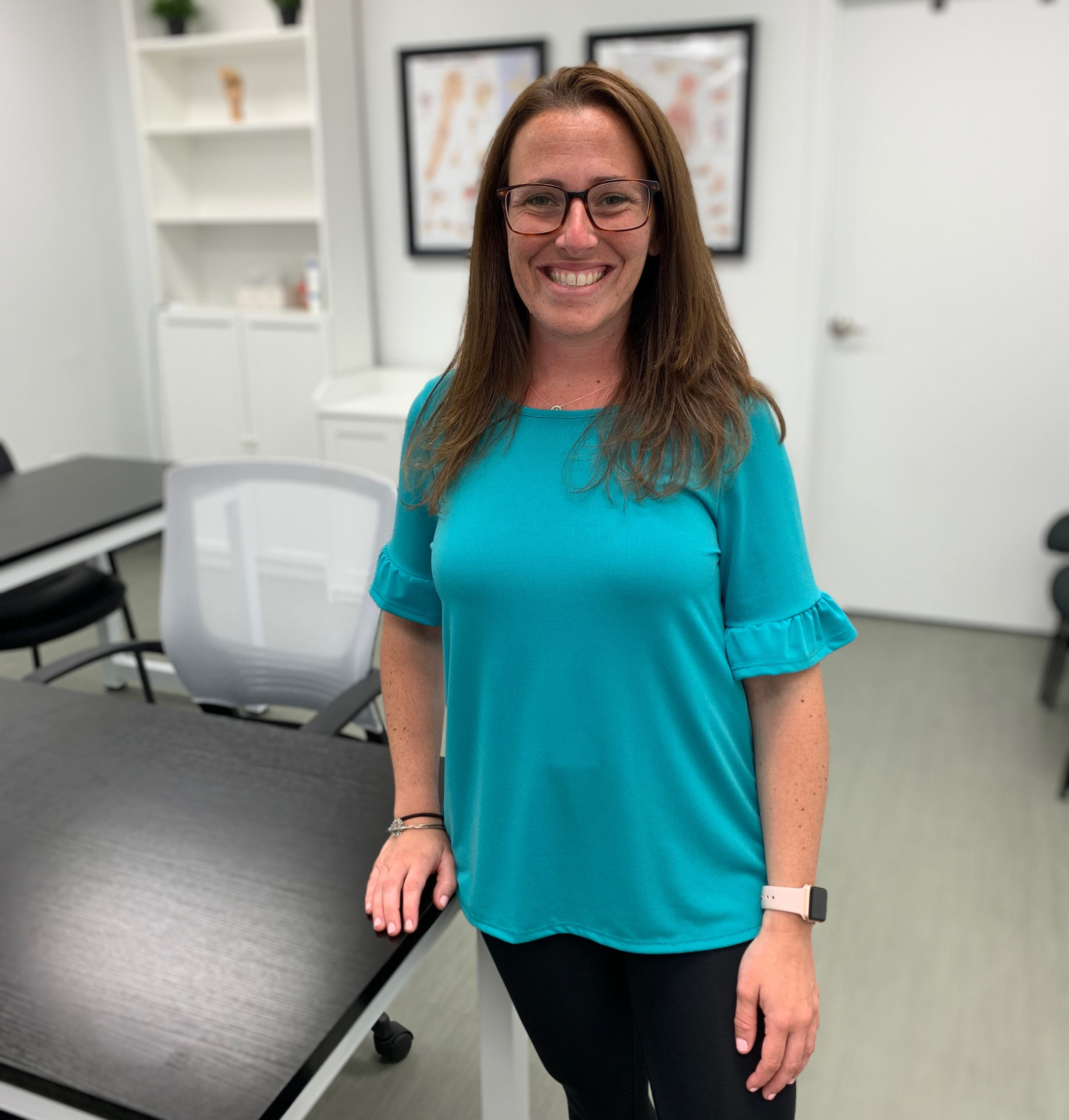How Do I Know If My Child Needs Occupational Therapy?
Children learn to interact with the world around them as they grow and develop through play. As children typically develop, they reach various developmental milestones, which their pediatrician often asks about at their well visits including rolling, crawling, walking, and talking. There are numerous other developmental milestones that pediatricians do not typically ask about including lesser discussed fine motor and gross motor skills, cognition and problem solving, and social/emotional development. Often, if there is a delay in one area of development, it can impact further typical development, which can impact occupations like school, self-care, play, and social participation.
If you suspect your child is having difficulties performing any of their everyday occupations, pediatric occupational therapy may be able to help. An occupational therapist can assist in developing the skills necessary for all everyday life activities such as getting dressed, feeding and eating, playing, and social participation. If you suspect that your child is having any of these difficulties, contact your pediatrician or an occupational therapist directly to discuss the evaluation process.
The following are some signs that pediatric occupational therapy may benefit your child:
- Difficulties with Fine Motor Skills. Fine motor skills are movements and activities using the small muscles in your hands. Fine motor skills are often built on core strength and gross motor skills. If your child is having a hard time with handwriting, scissor skills, using utensils, tying shoes, buttoning or zipping clothing, or stringing beads, they may be having a difficult time with fine motor skills. If there are deficits in fine motor skills, your child may have a hard time with self-care, school, or play.
- Sensory Processing Difficulties. There are 8 sensory systems. These include tactile (touch), visual (sight), auditory (sound), gustatory (taste), olfactory (smell), vestibular (sense of movement), proprioception (body awareness in space), and interoception (sensations about how internal organs are feeling). If your child seems to overreact or underreact to any of the above sensory systems, then occupational therapy can typically help. Does your child touch everything, are they “clumsy,” do they move around constantly or ask for hugs often, are they afraid of loud noises or not react to loud noises at all? All of these can be signs of an over-reactive or under-reactive sensory systems.
- Core Strength or Gross Motor Deficits. Gross motor skills are movements and activities using the larger muscles of the body in our chest, legs, and arms. These often require good core strength, which is the foundation to all of our movements, both gross and fine motor. If your child is having a hard time with balance, coordination, or strength for activities including running, kicking or throwing a ball, they may be having difficulties with their gross motor skills. If there are deficits in these gross motor skills or decreased core strength, your child may have a difficult time with staying seated upright in school, attention, fine motor skills, handwriting, and playing sports.
- Delayed developmental milestones. Milestones include walking, talking, crawling, rolling, improving pencil grasp, stacking blocks, and playing with others. Often, pediatricians monitor critical developmental milestones, however if you have any concerns regarding a potential developmental delay, contacting your child’s pediatrician and initiating evaluations from other medical professionals such as physical, occupational, and speech therapists along with neurologists or developmental pediatricians is critical in ensuring your child gets the help they need to reach these milestones and progress through their life stages. Often, the earlier these delays are addressed, the quicker and better the outcome, so it is critical to seek help from a medical professional.
Overall, occupational therapists help in many areas of people's lives from newborns to death across the lifespan. Our occupational therapists are experts in treating people with the following conditions:
- Developmental delays
- Autism Spectrum Disorder
- Sensory Processing Disorder
- Hand Injuries
- Fine motor or gross motor delays
- Traumatic injuries
- Birth defects
Please feel free to reach out to us with any further questions at (201) 253-6055 or [email protected]. Our experts make occupational therapy services for our kiddos fun, exciting, and extremely playful to support their growth and development and to help them learn and thrive now and for their futures.

